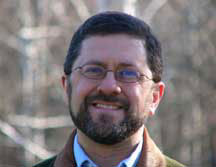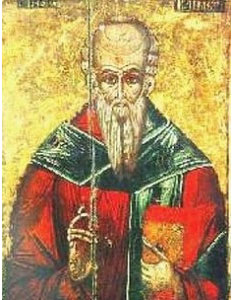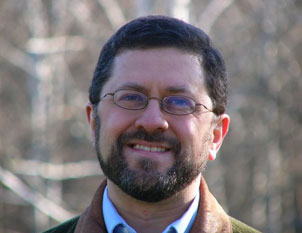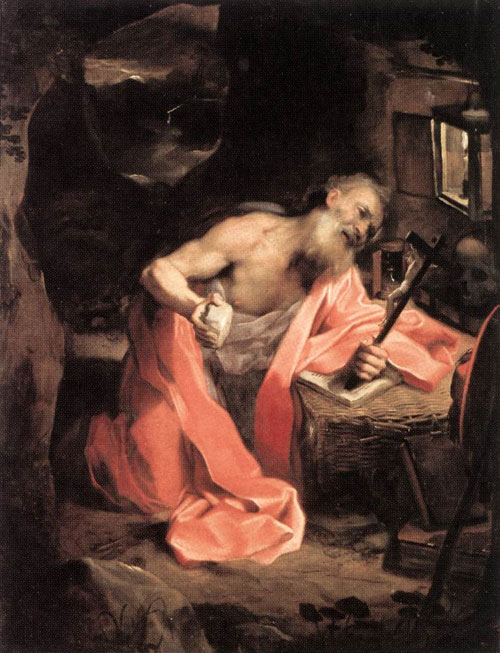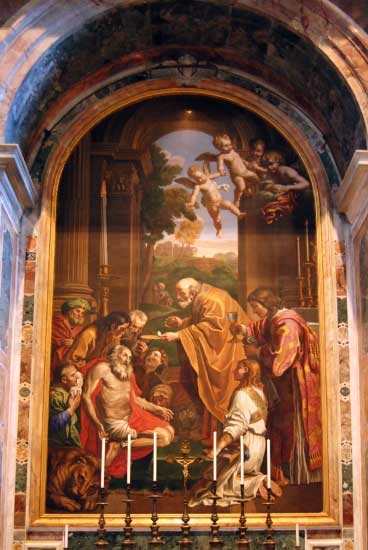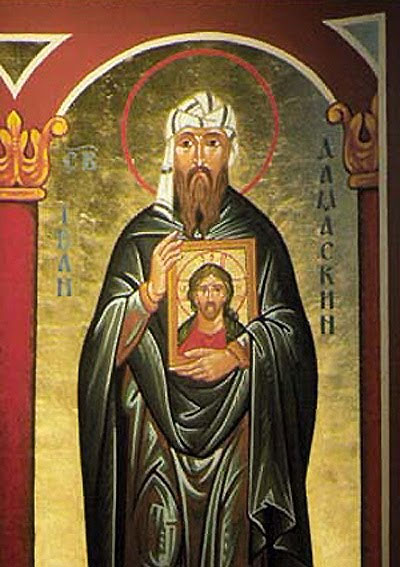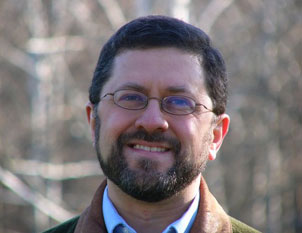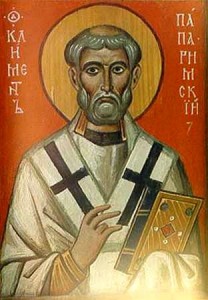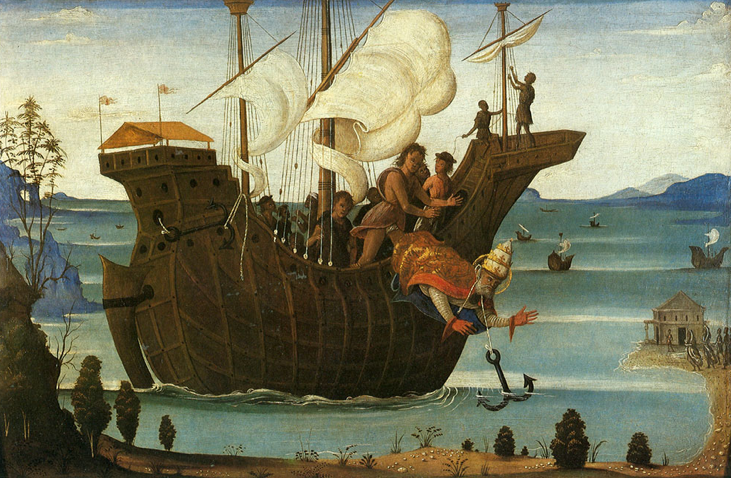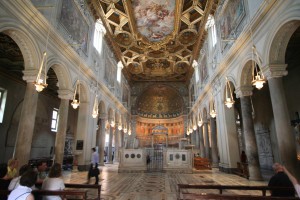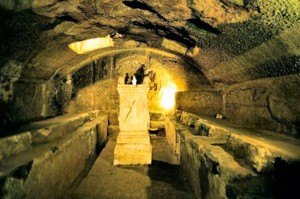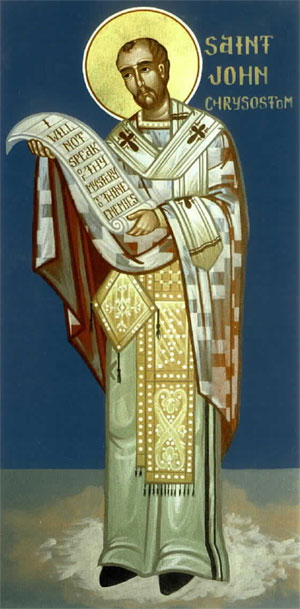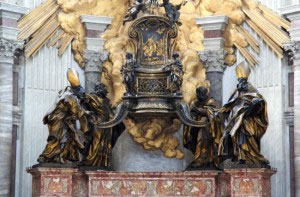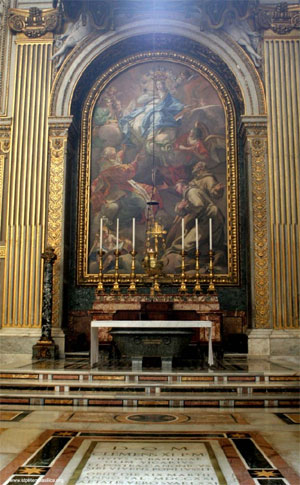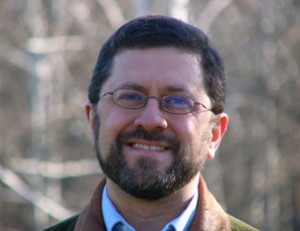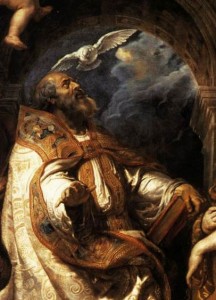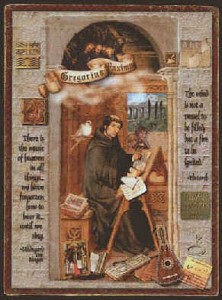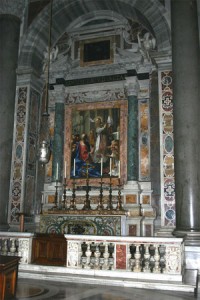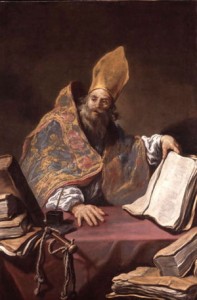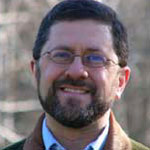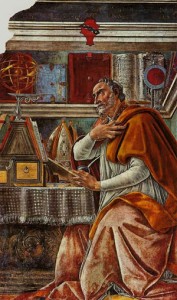Podcast: Play in new window | Download (Duration: 20:50 — 14.3MB) | Embed
Subscribe: Apple Podcasts | Spotify | Amazon Music | Android | Pandora | iHeartRadio | JioSaavn | Podchaser | Gaana | Podcast Index | Email | TuneIn | Deezer | Anghami | RSS | More
Mike Aquilina shares with us the story of St. Agnes.
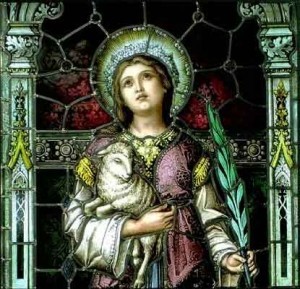 A young girl who would help to break open the hearts of many, so that grace could pour in. She was “a lamb for Christ”. Mike also discusses the challenges to life, including the “ancient” practice of abortion.
A young girl who would help to break open the hearts of many, so that grace could pour in. She was “a lamb for Christ”. Mike also discusses the challenges to life, including the “ancient” practice of abortion.
wiki – According to tradition, Saint Agnes was a member of the Roman nobility born c. 291 and raised in a Christian family. She suffered martyrdom at the age of twelve or thirteen during the reign of the Roman Emperor Diocletian, on 21 January 304.
The Prefect Sempronius wished Agnes to marry his son, and on Agnes’ refusal he condemned her to death. As Roman law did not permit the execution of virgins, Sempronius had a naked Agnes dragged through the streets to a brothel. Various versions of the legend give different methods of escape from this predicament. In one, as she prayed, her hair grew and covered her body. It was also said that all of the men who attempted to rape her were immediately struck blind. In another the son of the prefect is struck dead, but revived after Agnes prayed for him, causing her release. There is then a trial from which Sempronius excuses himself, and another figure presides, sentencing her to death. When led out to die she was tied to a stake, but the bundle of wood would not burn, or the flames parted away from her, whereupon the officer in charge of the troops drew his swordbeheaded her, or, in some other texts, stabbed her in the throat. It is also said that the blood of Agnes poured to the stadium floor where other Christians soaked up the blood with cloths. and
The daughter of Constantine I, Saint Constance, was also said to have been cured of leprosy after praying at Agnes’ tomb.
A prayer to St. Agnes
Let us gain courage for our own battle
by honoring the martyrdom of the glorious virgin Agnes.
St. Agnes, vessel of honor,
flower of unfading fragrance,beloved of the choirs of Angels,
you are an example to the worth of virtue and chastity.
O you who wear a Martyr’s palm
and a virgin’s wreath,
pray for us that,
though unworthy of a special crown,
we may have our names written in the list of Saints.

